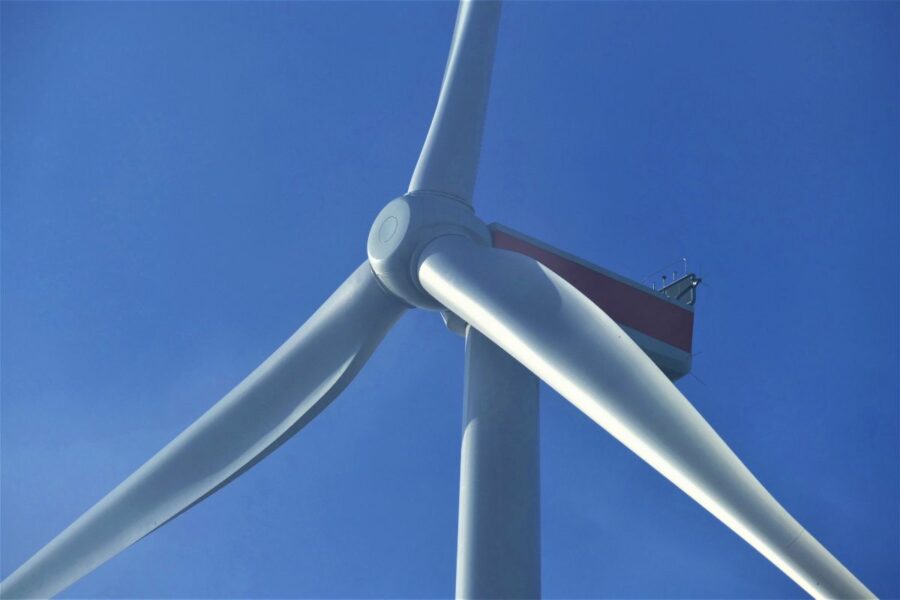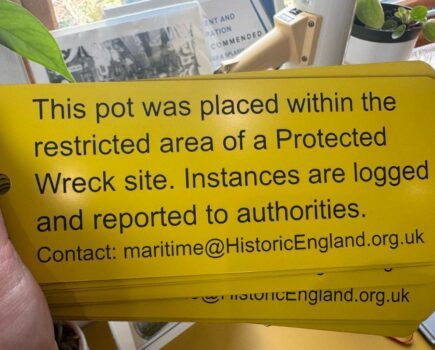Mona development in Irish Sea ‘should never have been agreed from a safety, navigational and socio-economic perspective’
The Scottish White Fish Producers’ Association (SWFPA) has expressed ‘deep concern’ about the future of the queen scallop fishery in the Irish Sea following the approval of the Mona Offshore Wind Farm development.
UK energy secretary Ed Miliband approved the development – which will become the largest in the Irish Sea – on 4 July, hailing its potential to generate enough electricity to power the equivalent of more than 1m homes.
However, the SWFPA argues that the decision threatens one of the most ecologically and economically significant queenie fisheries in Europe, with the proposed array overlapping productive queenie beds which have sustained local fishing communities for generations.
In response to concerns raised by local fishermen during the consultation process, a Scallop Mitigation Zone has been introduced in the final plans, but while this zone allows for limited fishing activity post-construction, it represents a significant reduction in access and opportunity.
The SWFPA says that the potential impact of the development is severe, with the long-term viability of the fishery uncertain.
SWFPA renewable energy policy officer Raymond Hall said: “This decision could lead to the complete collapse of the queen scallop fishery, along with the livelihoods and cultural heritage of the communities it supports.
“Decision-makers must heed the scientific evidence available globally, which increasingly points to the need for caution in offshore wind development. While renewable energy is a critical component of climate strategy, the scale and pace of offshore wind expansion – particularly in ecologically rich areas – must be carefully managed.
“Offshore wind remains a vast experiment, and without rigorous oversight, it risks becoming one of the most significant manmade environmental missteps in history.”
The SWFPA says that the full impacts of the wind farm on the regeneration of queenie and other demersal stocks are not yet known.
“The ecological dynamics of the seabed are delicate,” Raymond Hall continued, “and any disruption – particularly on the scale proposed – could have irreversible consequences. Cable burial and mechanical protection measures, which have proven problematic in other operational wind farms, add another layer of risk.”
During the development process, both the SWFPA and the Scottish Fishermen’s Federation strongly objected to the Mona offshore development, arguing that it ‘should never have been given an agreement for lease from a safety, navigational and socio-economic perspective’
The SWFPA has also raised its concerns about another project adjacent to Mona, the Morgan Offshore Wind Farm, which is currently with the UK energy secretary for a decision.
Approval, says the SWFPA, disregards the ecological sensitivity and economic importance of the queen scallop fishery, and is reflective of a broader failure to integrate marine spatial planning with sustainable fisheries management.
The Mona and Morgan offshore wind projects are joint ventures by bp and Energie Baden-Württemberg AG.
By Martin Harvey
This story was taken from the latest issue of Fishing News. For more up-to-date and in-depth reports on the UK and Irish commercial fishing sector, subscribe to Fishing News here or buy the latest single issue for just £3.50 here.
Sign up for Fishing News’ FREE e-newsletter here.








